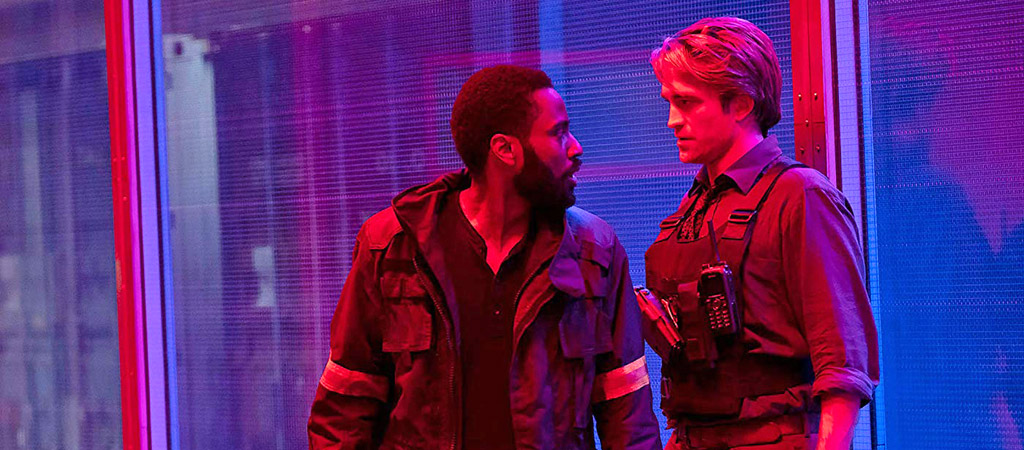
It’s almost winter, when the outdoors are much too cold and the couch is much too comfortable for you even to consider leaving the house, so you decide to settle on that new action movie that everyone is talking about which has just conveniently landed on streaming. And while you’re all bundled up with some popcorn and hot chocolate, you notice that you cannot hear a single thing that Tom Cruise is saying to you, which is upsetting, because he has a lot to say. You are not alone in this problem.
Am I getting old –and hard of hearing– or is the dialogue in a lot of modern shows downright impossible to understand at times without subtitles?
I’m catching up on 1899, and I would be lost if it wasn’t for subs.
— John Cullen (@nellucnhoj) November 26, 2022
Along with the increasingly dark scenes that have been gracing our screens, the audio production in big-budget action movies has been a common complaint as of late. Even though moviegoing is mostly back to the pre-pandemic days, many movies are going directly to streaming or getting a simultaneous release, which makes the experience differ depending on what you are watching it on. Obviously, this can cause some problems for both the viewers and the studios who push these films.
There’s a special level in hell reserved solely for movie/tv folk who decide the SFX audio needs to be several levels louder than the voice audio.
—
Mike Hawke
(@MarketAnarchy) November 28, 2022
Christopher Nolan was famously criticized for opting out of a streaming release for Tenet in 2020 because he insisted his movies be watched in theaters, which didn’t land well with fans who began watching the blockbuster film on the tiniest screens they could find. Yes, he approached it in a silly way, but he did have a point: he created a movie to look and sound good in a theater, and it just does not have the same effect when you are sitting at home trying to understand what Robert Pattinson is saying while an earth-shattering explosion infiltrates your ears. Suddenly, you have no idea what’s going on in this movie, which was already so confusing.
But still, this trend in audio mixing has been getting worse according to sound engineer David Bondelevitch, as studios try to please moviegoers and also couch-watchers who might not have the same speaker set-up as your local AMC. Audio will naturally sound drastically bigger over those cushy speakers versus the Bluetooth speaker your uncle got you for Christmas or through Airpods. The bottom line seems to be that there are so many ways to watch content, but production companies are still catering to one specific way, and things get messy.
The good news is that there are some changes that could be made if you are watching a movie at home that was clearly meant for that big-screen experience. Even though Nolan has talked about wanting to “push the limits” of sound design, you should be able to hear most movies. Some experts suggest getting wireless speakers separate from your computer or TV’s audio. You can also mess with the settings on your TV, and some Roku devices have dialogue enhancement to help combat this problem. Bondelevitch even suggests adding carpets and curtains to help absorb the noise or investing in a soundbar for a better surround sound.
Of course, until Hollywood decides to solve this problem, you can also just turn on subtitles which are the Next Big Thing, according to Gen Z.
(Via WSJ)
